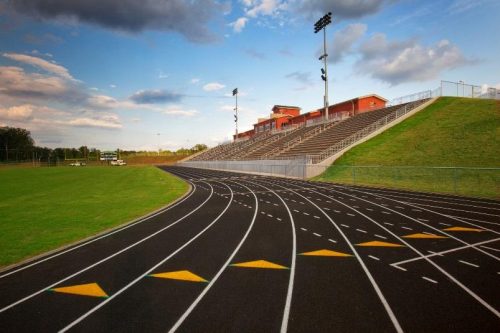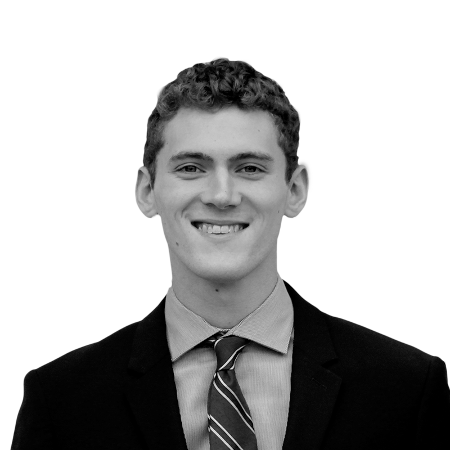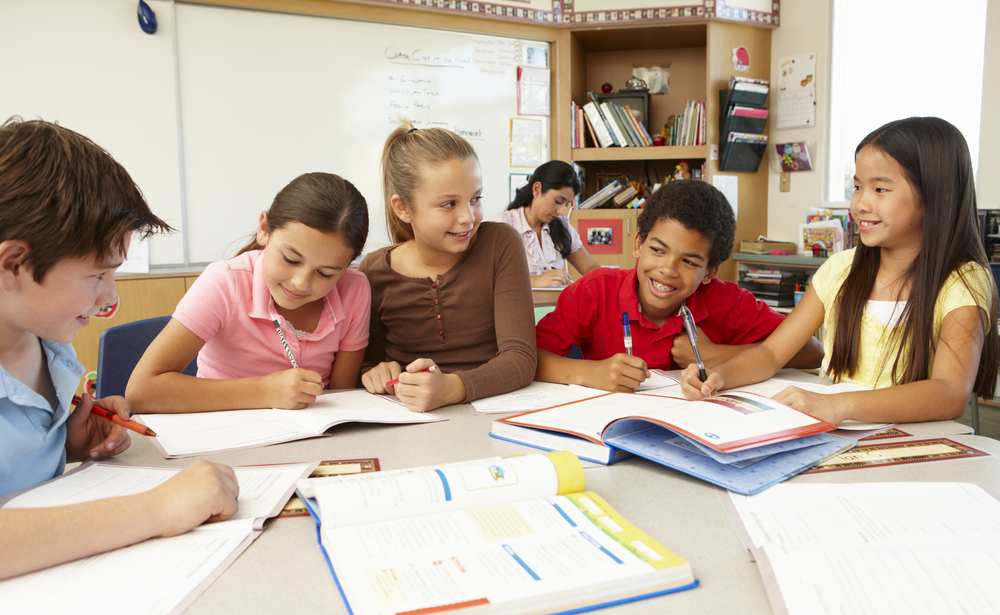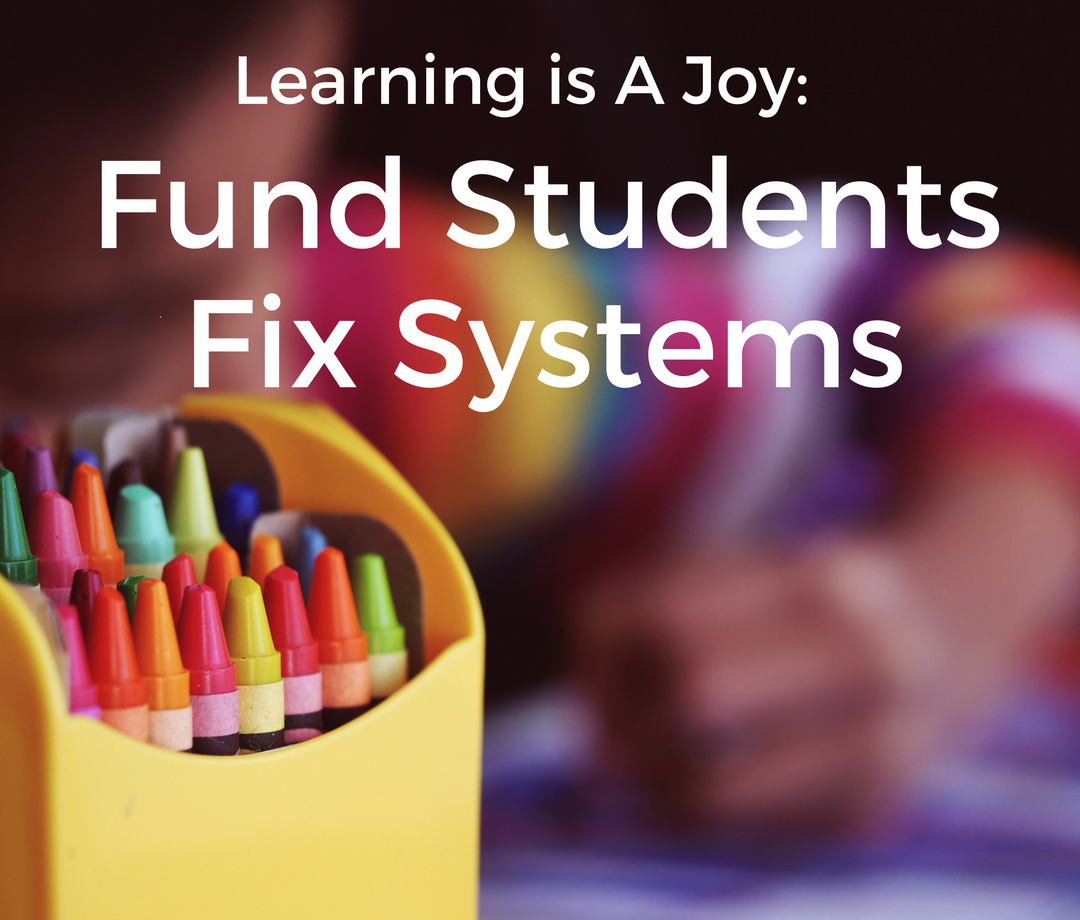SC parents fight for their children’s right to play
A new rule change by the South Carolina High School League (SCHSL), the private organization that oversees athletics in the Palmetto State, will be devastating for a specific group of student athletes. Who are the athletes being targeted by this action? Answer: Any player who transfers to or from a public charter school or private school…at any time after seventh grade.
But we are glad to report, that with their children’s futures on the line, parents are pushing back.
From the Upstate to the Lowcountry, independent schools have sued the SCHSL for the new rule change, with one school calling it “an attack on school choice” and another accusing the SCHSL of “blatant discrimination against our students.” Following the announcement of the rule change last month, Palmetto Promise Senior Fellow Oran Smith provided some helpful insight regarding what the rule change would mean for students in independent private and public charter schools.
Essentially, the amendment to the SCHSL by-laws eliminates what is known as “limited eligibility,” which allowed a transferring student, instead of sitting out a year, to play down to the Junior Varsity level until they are eligible for Varsity. (Students transferring within a school district have always been eligible to play immediately with full eligibility. That would not change with the new rule.)
Although the amendment technically affects all SC students, the effect of the change disproportionally harms independent and charter school students, as those schools are obviously not part of districts and wouldn’t be able to take advantage of the intra-district exception.
With the new rule, most students who transfer to an independent or charter school would have to sit out a year before being able to play sports for their school. Rising seniors who transfer would be banned from playing entirely, a horrible prospect for an athlete and his or her family.
In the words of the lawsuit itself: “The net effect of the (new amendments) makes many students who might choose to enroll in a plaintiff school after the beginning of the seventh grade ineligible to participate in varsity or junior varsity interscholastic athletics at plaintiff schools for a period of one year.”
When consulted about the legality of the new rule in light of South Carolina law, the South Carolina Attorney General’s office stated in an April 21st opinion that, “[the new SCHSL by-laws’] impact is necessarily greater on students who transfer from public schools to charter schools and private schools… Therefore, a court may well find that these amendments violate the Equal Access to Interscholastic Activities Act.”
The Equal Access to Interscholastic Activities Act, also known as the “Tim Tebow bill,” requires that no membership dues may be paid by public schools to any organization that prevents students from home, charter or Governor’s schools to participate fully in public school sports. A budget proviso passed later doubles down on that legislative intent, and also specifically protects private schools. These new rules passed by the SCHSL clearly break both those laws.
The new bylaw amendments also violate common sense. Why should a family be forced to make a permanent school decision for their child at the start of Seventh Grade?
South Carolina lawmakers also spoke up in defense of private and charter schools. Rep. Garry Smith told The Greenville News that the new rules show that the SCHSL is “more concerned with championships than students” and Senator Larry Grooms called the new rules “discrimination” as reported by The Post & Courier: “This is discrimination – on so many fronts – against these students and their parents who have the right to choose an educational opportunity they feel is best for their children.”
We couldn’t agree more.
The implications are wide and deep. Driving students away from private schools comes at the worst time possible. A Palmetto Promise survey of South Carolina’s independent schools revealed that the 145 schools that responded estimated their collective loss at $20 million this year. Our private schools are in crisis mode just like many other businesses in South Carolina. If these schools close, the cost to the state of the transition of their students to public school could range anywhere from $30 million to over $100 million.
We’ll continue to provide updates as this story develops.
Update: After publishing this story, we were made aware of an even more obtuse outgrowth of the SCHSL rule change. A student in a public school choice district like Greenville, where attendance lines are less rigid, would still have to sit out a year if they were to transfer to a public Charter or a private school. Truly astounding.





